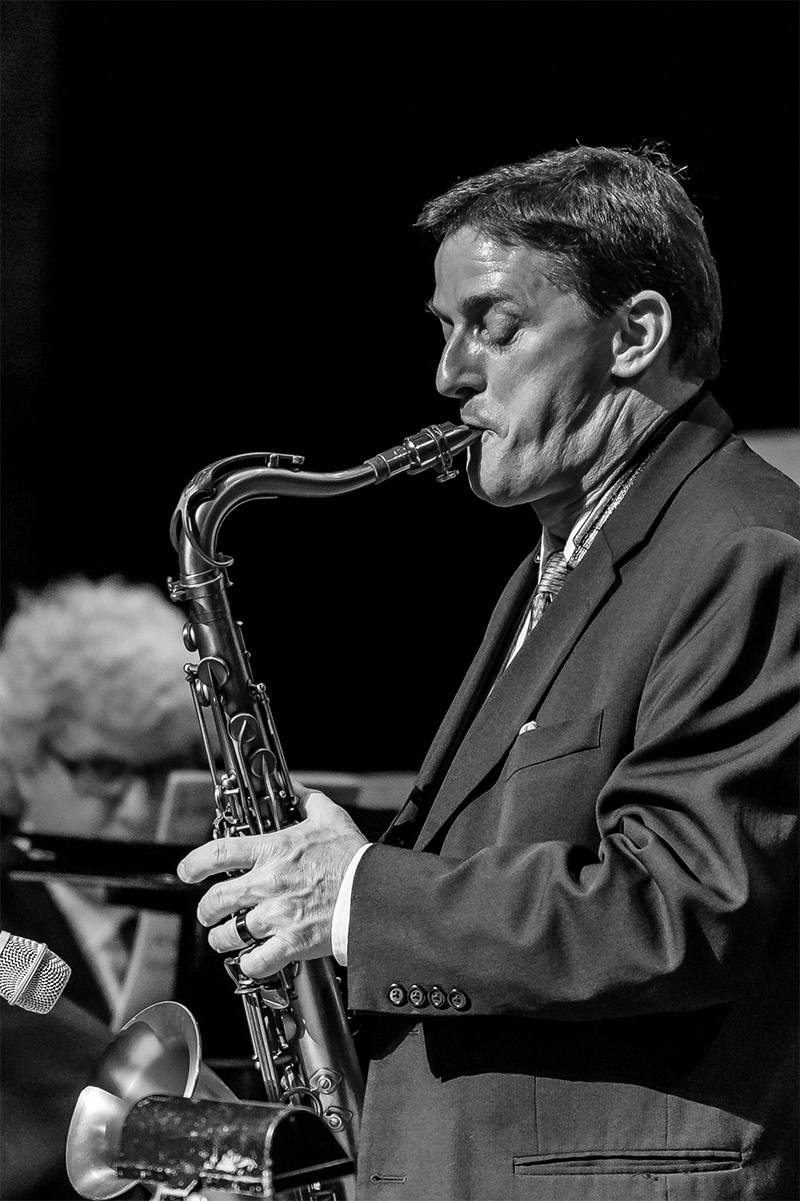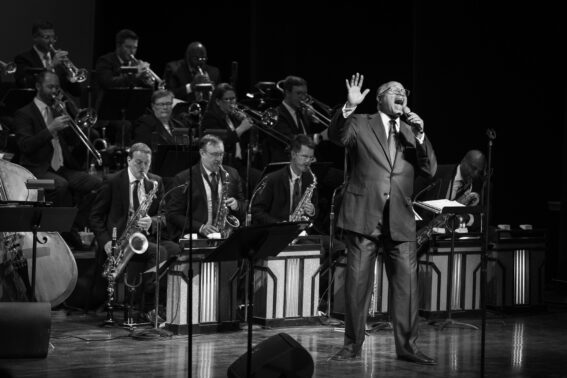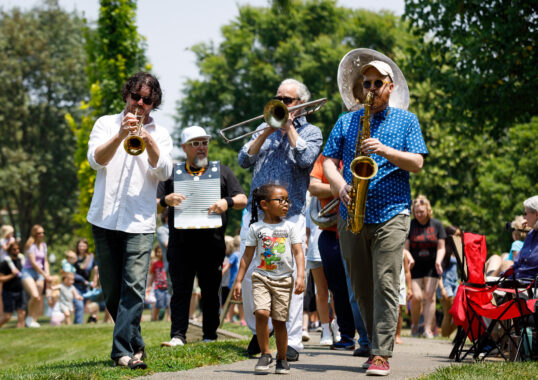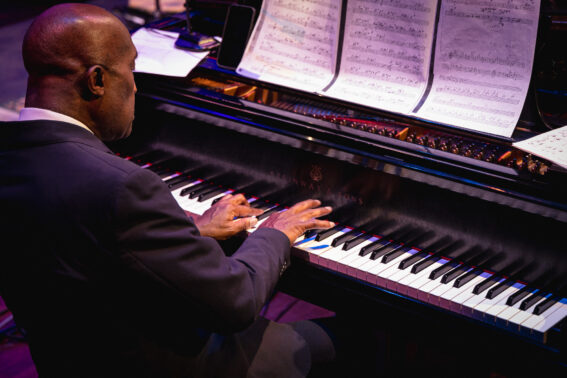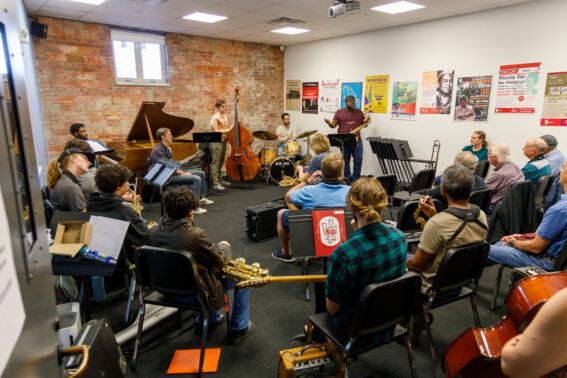Though well regarded as a professor with full academic training, Michael’s path to full time musical occupation began more informally, more or less at “street level.” He was active in school music programs and in the ’70s he began playing paying gigs when he was 15 under the supervision of his older brother Danny. Since then he has spent most days of every week practicing, studying, rehearsing, listening, teaching, playing gigs and concerts, or recording music. Michael’s educational achievements include independent studies with jazz luminaries Joe Lovano and David Liebman, mentoring with IAJE Hall of Fame educator Gene Aitken, concentrated study with saxophone professors Roger Greenberg and Jean Lansing, a Doctor of Arts degree in Saxophone Performance and Jazz Pedagogy from the University of Northern Colorado, a Master’s degree in Music Performance from Wichita State University, and a Bachelor’s degree from Cameron University in his home town of Lawton, Oklahoma. In the year 2000, Cameron University honored Dr. Cox with one of its three Alumni of the year awards, reflecting his commitment to academic tradition as well as his artistic pursuit of music as a performance art.
In addition to the CJO, Michael has maintained a continuous schedule as a freelance saxophone and woodwind soloist and performer. In Ohio you may have seen him in the Columbus and Lancaster Symphonies, the Pro Musica Chamber Orchestra or such groups as Brasileira, the Science Gravy Orchestra, Magically Delicious, the High Street Stompers, Too Far North, the Powerhouse Trio, or more recently System Theory, Still Motion and the Black Swamp Saxophone Quartet. Though he has eschewed “going on the road” in the classic sense, he has had the opportunity to play, on singular or special occasions, with groups such as the Count Basie Orchestra, rock artist Don Henley, and others too numerous to mention. In 1999 Michael released the highly acclaimed recording Abstractions, Dedications and Red Dirt featuring Matt Wilson on drums and the late Dennis Irwin on bass, recorded at Systems 2 Studios in New York. Current recording projects include a new jazz CD and a CD of French classical chamber music by Pierre Max Dubois.
“These days people with their iPods like to compare and even compete for who has the most diverse musical collection. Because of my particular background, my musical tastes were always diverse. I always heard gospel, country and folk at home growing up; then my brother Ray had records by Al Hirt and Buddy Rich, and my other brother Danny had the rock stuff but later graduated to listening to jazz and what we called ‘funk’ or ‘funky’ music. Because of that, there would be saxophone, trumpet or trombone players hanging out at our house, and I always read Danny’s Downbeat magazines, which is where I would learn the names of jazz musicians. Then when I started going out and buying my own records, I would look for Phil Woods, Sonny Rollins, John Coltrane, Miles Davis, Weather Report, Tom Scott, David Sanborn, Charlie Parker, et cetera. I learned about big band music starting in school, and the Eisenhower High School Jazz Band from Lawton, Oklahoma, in those days was one of the best jazz bands in the state, partly because we had to compete with excellent bands from Texas and from Oklahoma City and Tulsa, but mostly because there were just a lot of talented students there. Our band director always played records in the band room before and after school. Then I started gigging with my brother, that’s when I had to learn to stand shoulder to shoulder with musicians 10-20 years older than me, play without charts, instead using my ear, learn tunes, and try to just make a positive contribution to the sound. Where I may not have developed the world’s greatest technique early on, I did learn about being musically mature. It’s not something you can always explain, but it’s something you feel”

